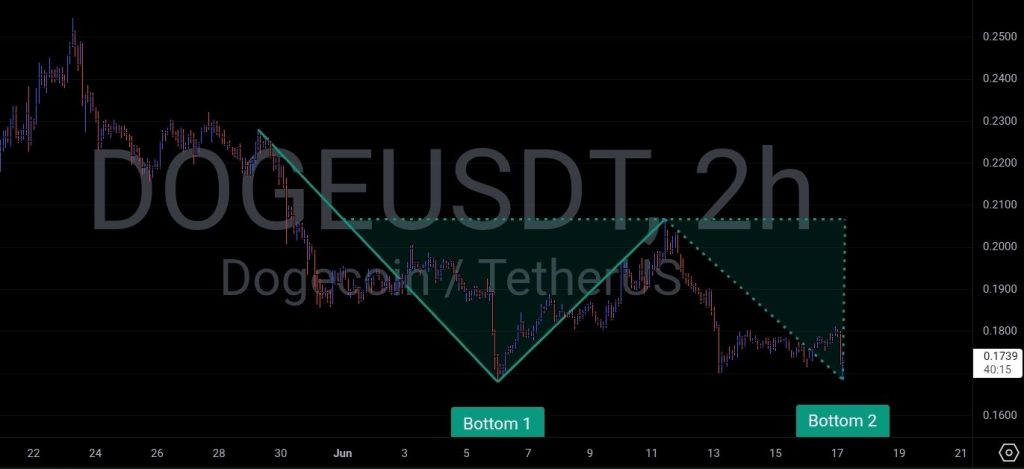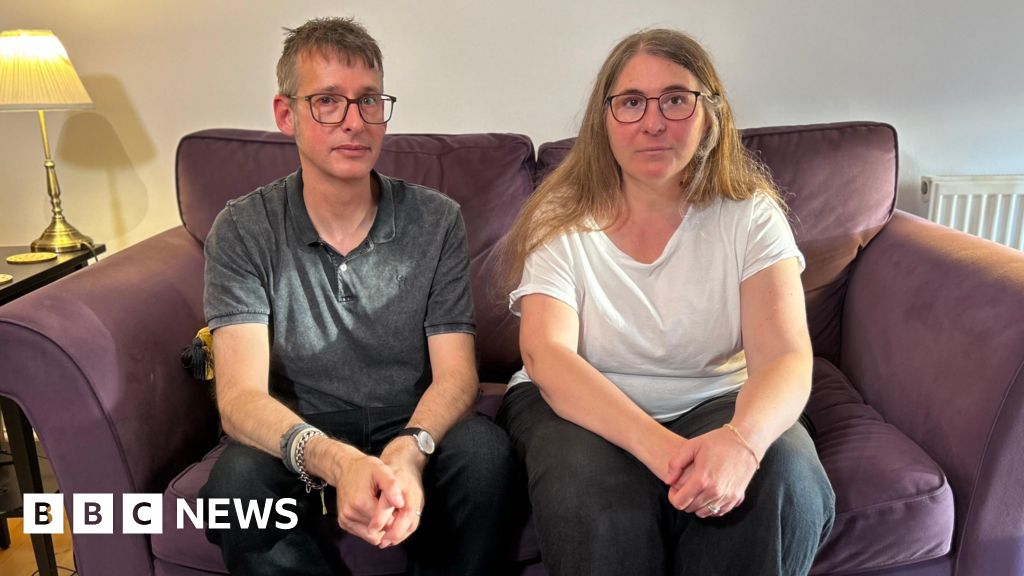It’s a risky time, as ever, to make investments. It’s even riskier when millions of people follow your financial advice—potentially to great detriment.
At Fortune’s Most Powerful Women Next Gen conference in San Diego on Wednesday, legendary investor and CEO of Ark Invest Cathie Wood told Fortune editor-in-chief Alyson Shontell how she squares the fact that so many people follow her investing advice to a tee. It’s simple: Ark’s research “is the best in the world,” she said.
As Shontell pointed out, there’s extreme risk for retail investors; they haven’t been in the venture market because it’s so risky and because they don’t have as much disposable income as investors in other sectors. Hype is a big problem in business, and overhype can make a lot of people lose a lot of money. Despite Wood’s astonishing winning streak, not everyone can bat one thousand when it comes to picking stocks.
“How do you square that, knowing that so many people are following what you say?” she asked. “You have a million Twitter followers, and millions of people watching [your] YouTube videos. They’re eating up everything you say; that’s a big responsibility.”
It is a big responsibility, Wood said, adding that she takes it very seriously.
She relies on Wright’s Law for accurate forecasting, she told Shontell. Coined in 1936, the law aims to provide a solid framework for predicting cost declines as a function of production over time. “It gets us the cost decline associated with each technology, which is pretty predictable, and will give us an idea when new markets will open up because prices are low enough, reaching new demographics,” Wood explained.
It’s why Wood believes Ark’s research is the best out there and always moves to share it—even when they end up wrong. “We want to share our models and have them reality checked,” she said. “[We want to say] look, look how wrong it could be. Put your own assumption [out] if you think ours is going to be mistaken. “
Confident even during a misfire
But some of Ark’s misfires “are a function of macro factors over which we have no control,” Wood acknowledged. “We have never seen a macro environment like [the one] we’ve just gone through.” There’s been a 21-fold increase in interest rates over a year’s time, she went on. Last year, long-term bonds had their worst year since the 1700s. “There’s no way in that world that our strategy would do well.” But she feels more optimistic this year.
“When people think we’re down and out for good—that’s many people in our own industry, I might add,” she said, “not the people who really believe in innovation and understand what we’re doing because they read our research.”
But she has a keen sense of her audience and their general risk tolerance. “A lot of our shareholders are young people, and they can afford the time that’s necessary for this to play out,” she said.
The platforms around which she bases her investments—which include energy storage, artificial intelligence, robotics, and autonomous vehicles—are in primetime now, and remain the safest and wisest investments.
The seeds of those industries were planted more than 40 years ago, she said, around the 1982 tech and telecom bubble burst. “Those were the seeds. Now they’re flourishing.” Back then, Wood recalled, people flew into tech investments, which she said was a mistake and ended badly because the technologies were not ready for primetime; the costs were too high. Today is a different story; the technologies are ready. The macroeconomic conditions got in the way, she said, “but I think we’re just about on the other side of that.”
And yes, she went on, “I do take to heart people who have lost money.” But if they “really believe” in what she and her team at Ark were doing, “if they liked us at a certain price level, and we are half that now and they really are keeping up with our research, the best way, over time, to overcome what has just happened is to average it and be right.”
And, she concluded, she does believe her research is right.
Credit: Source link











